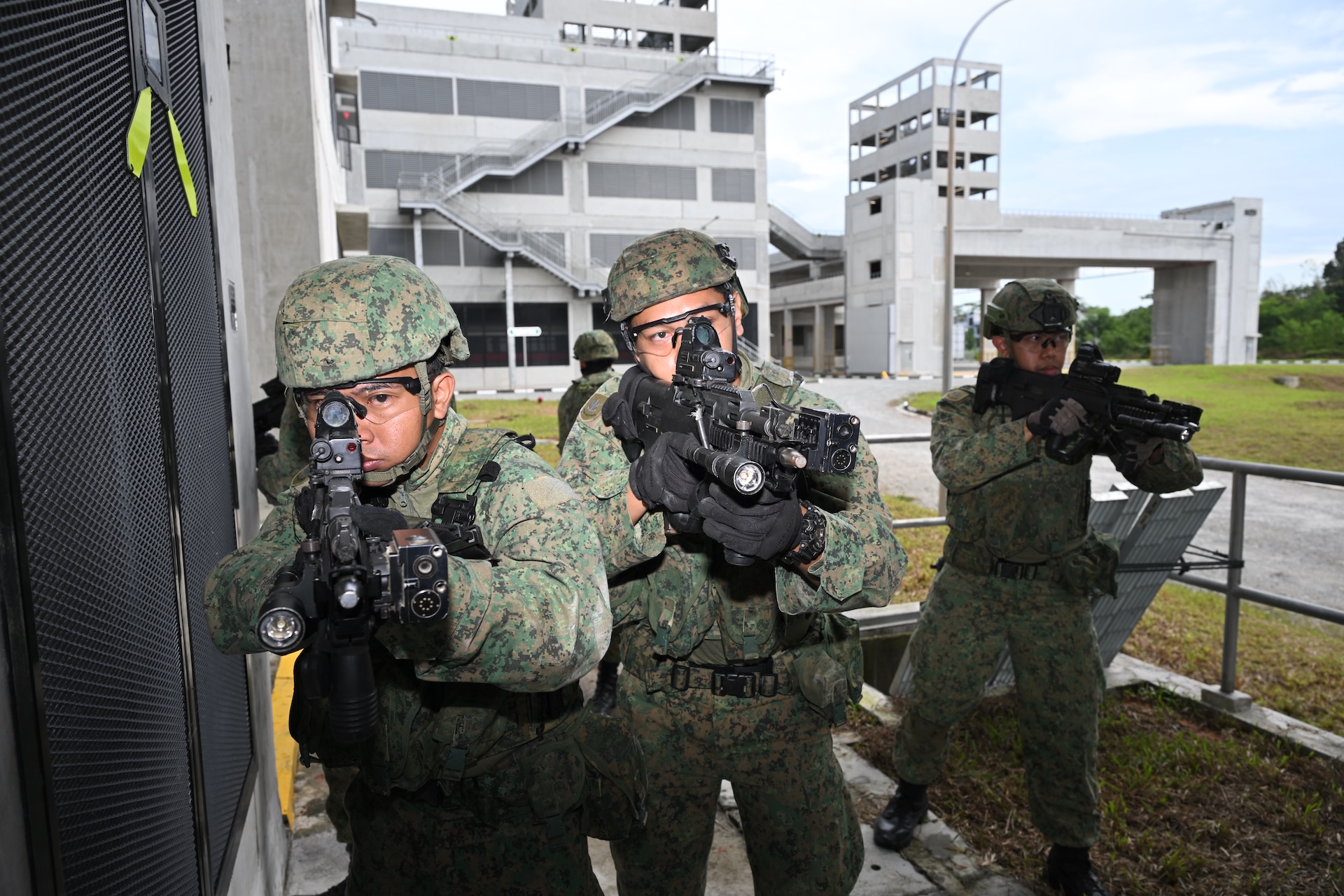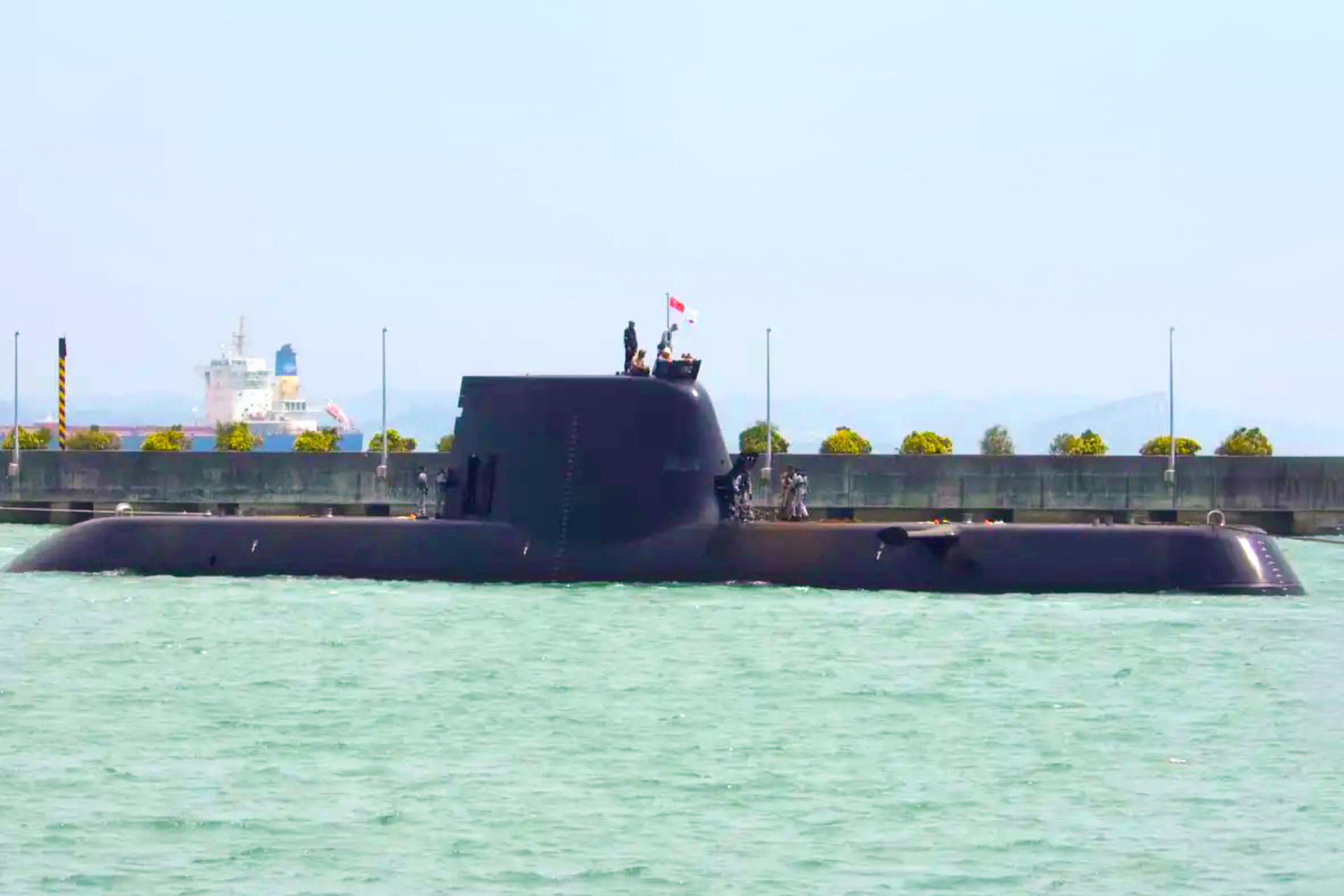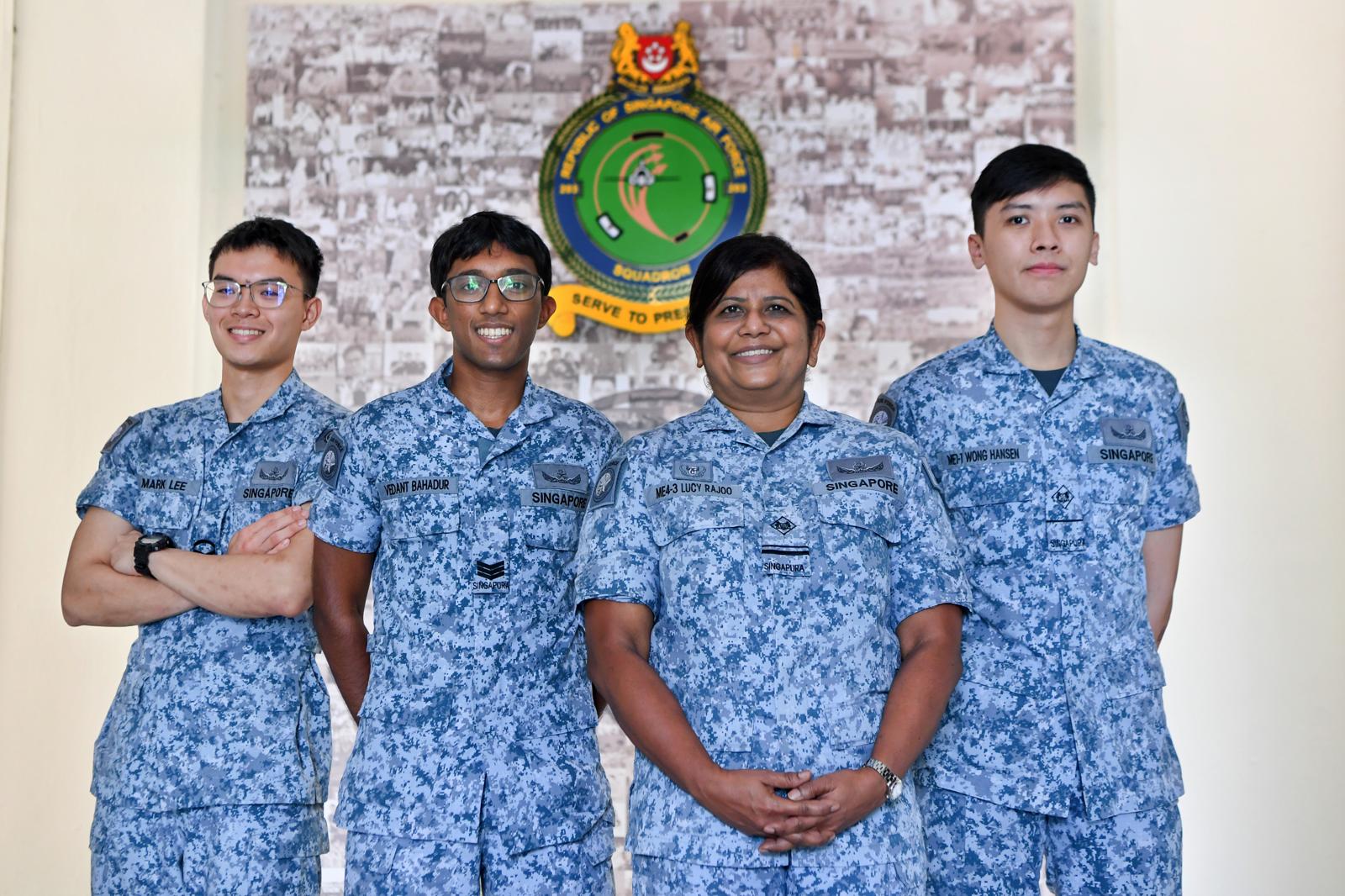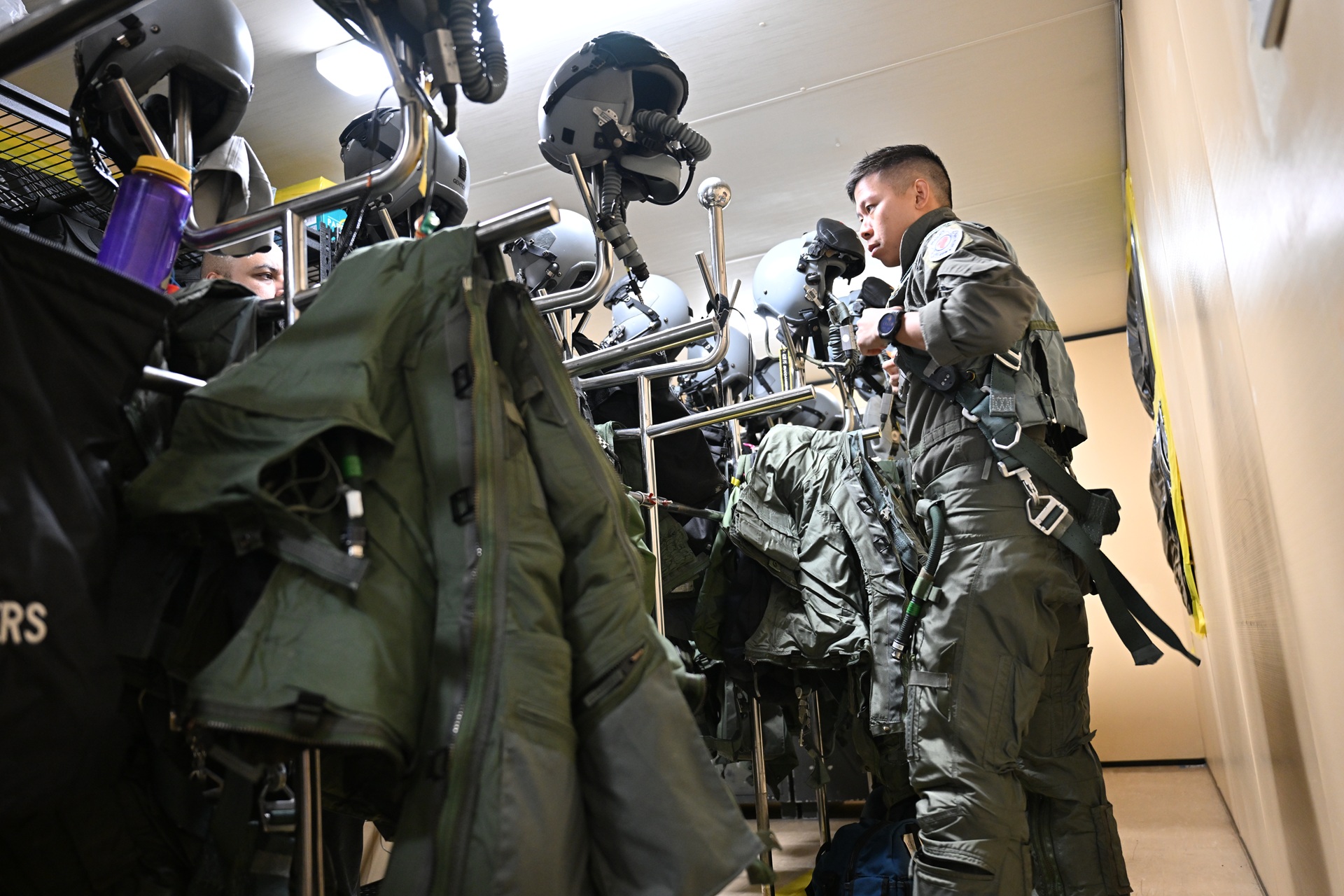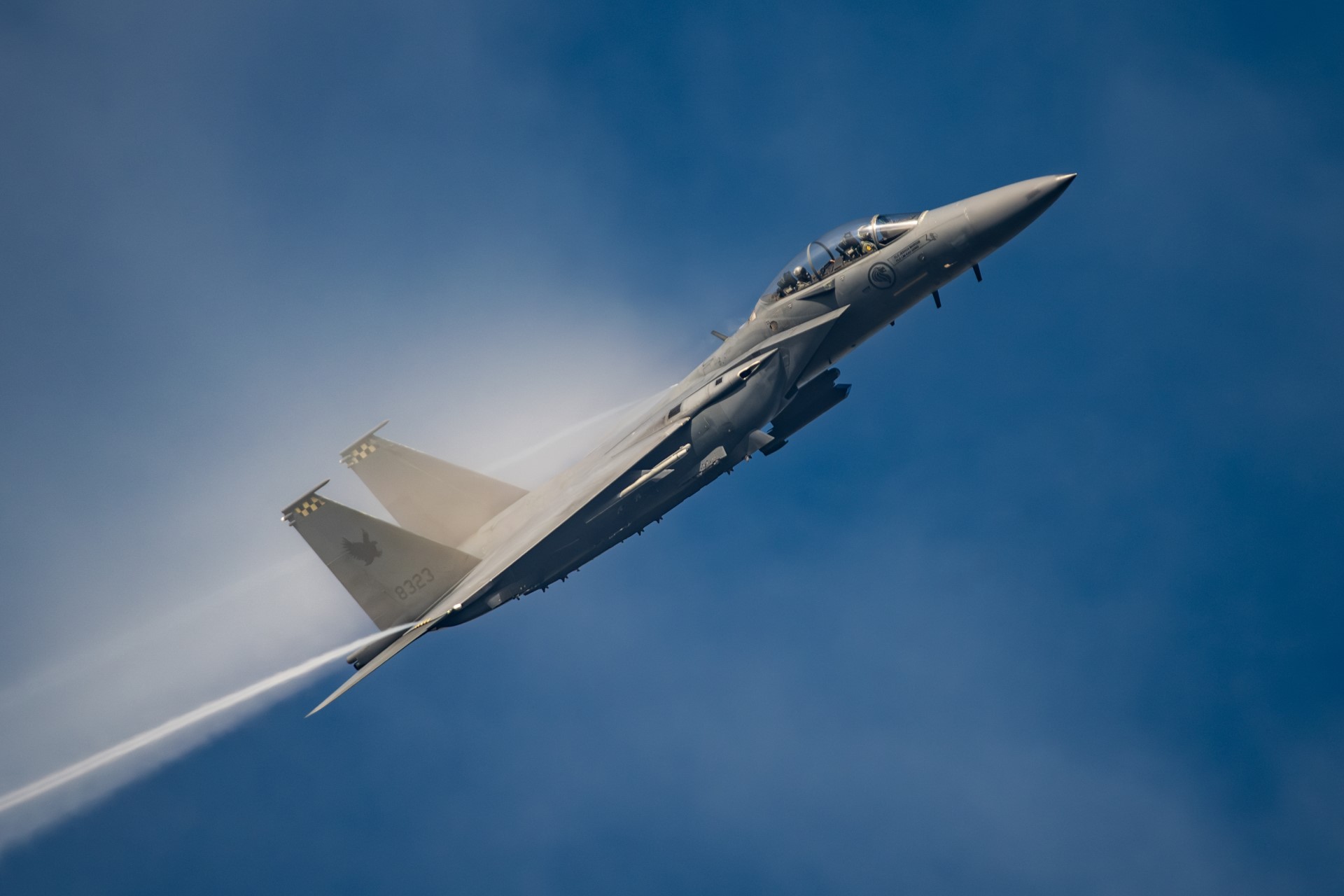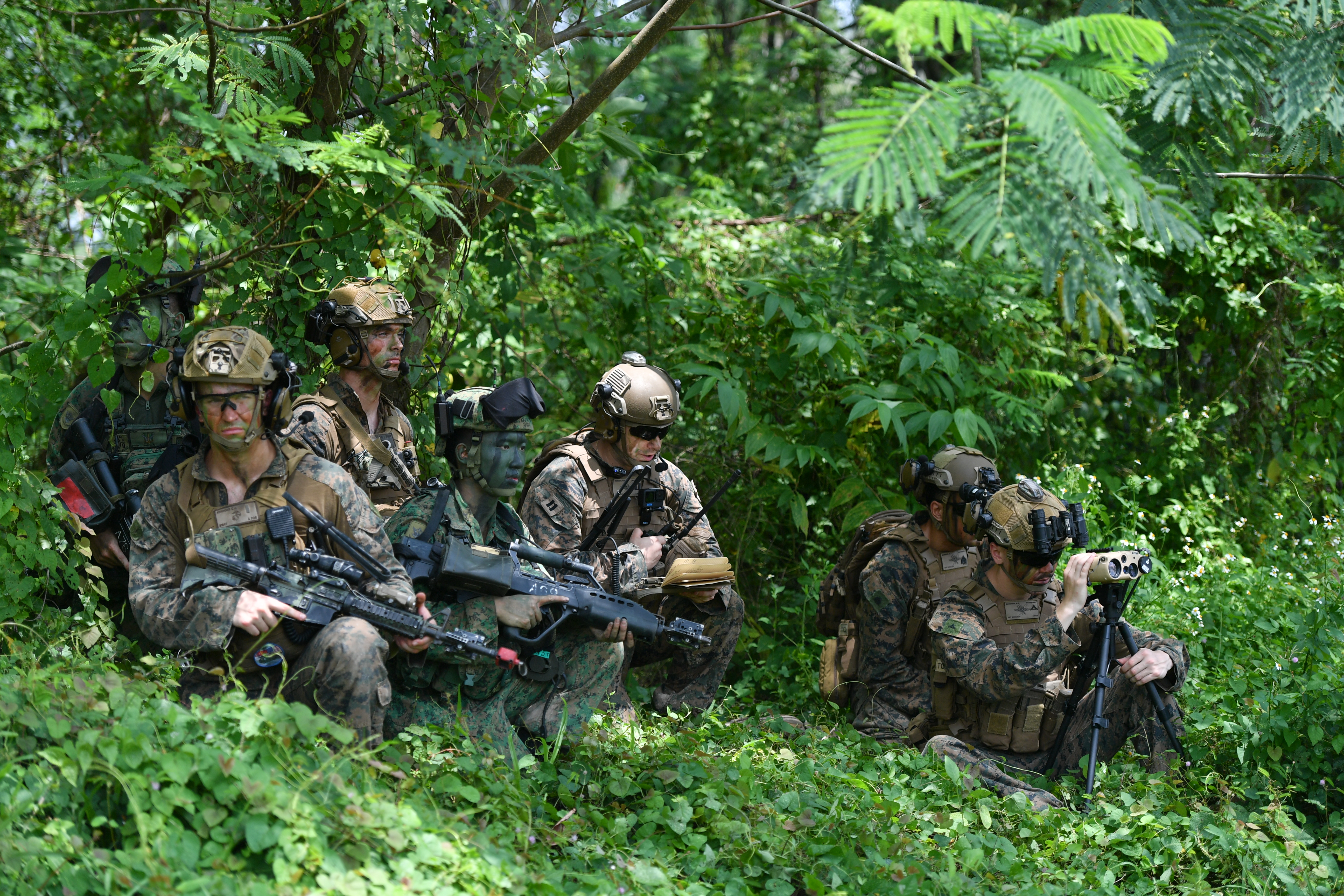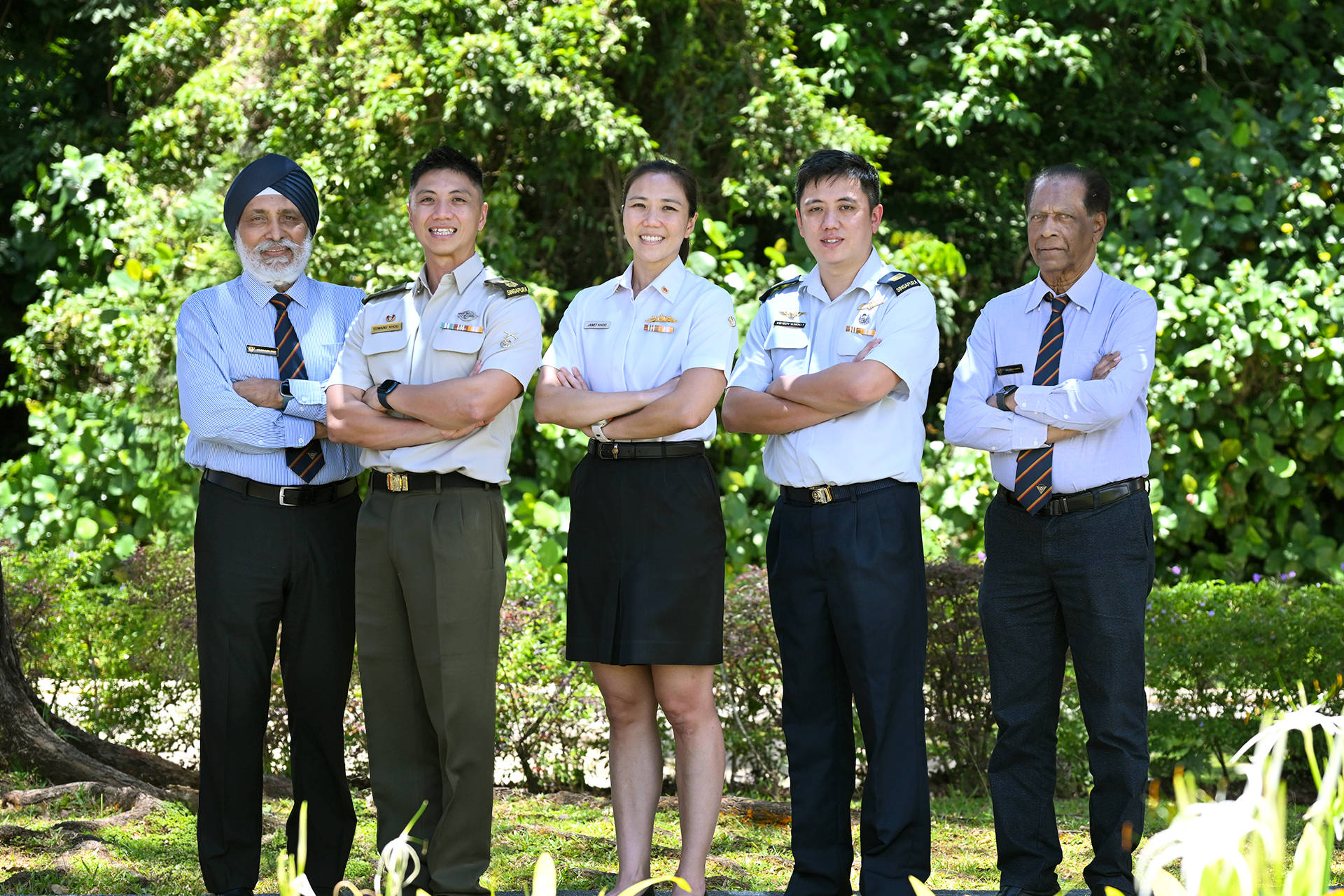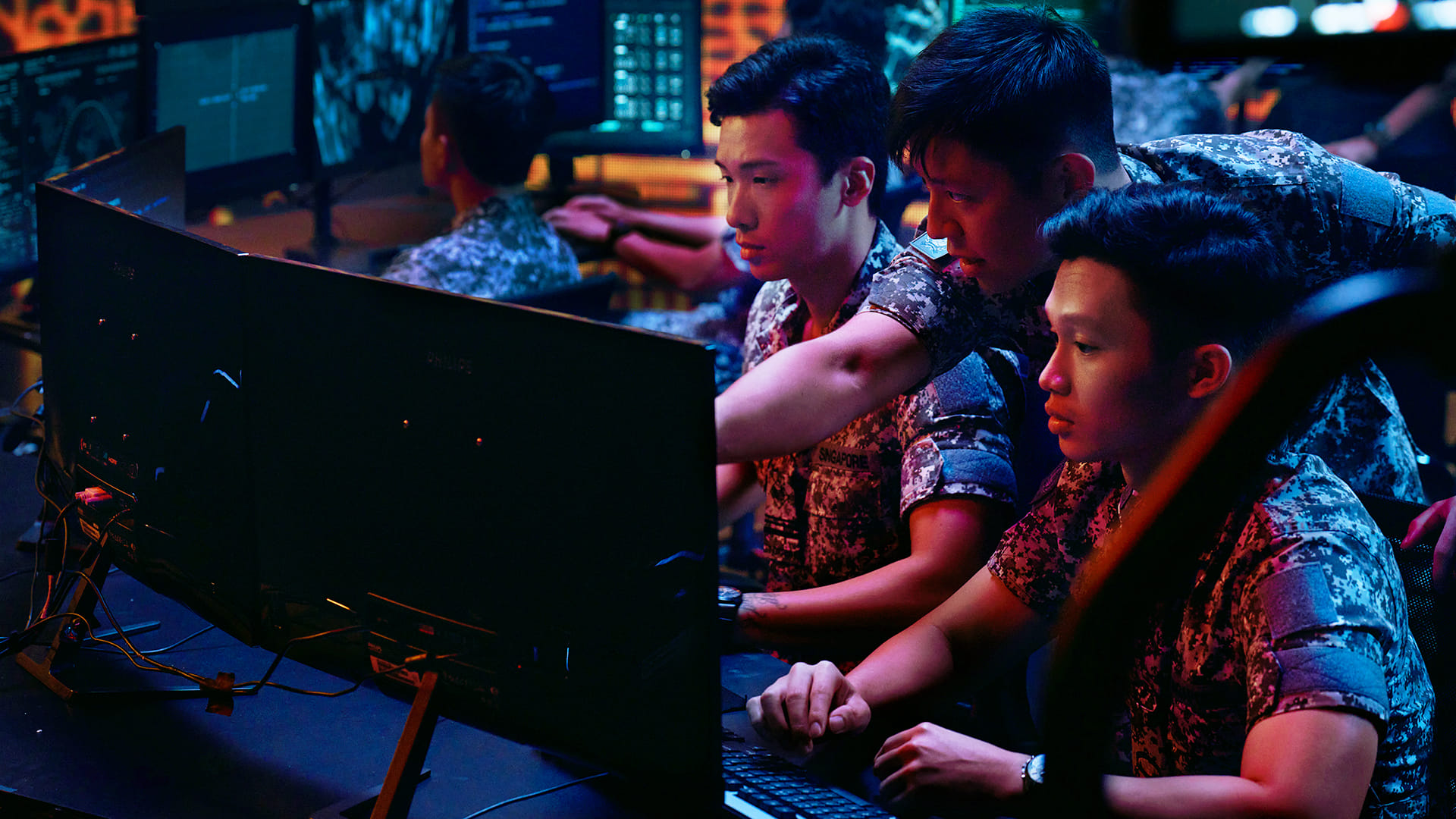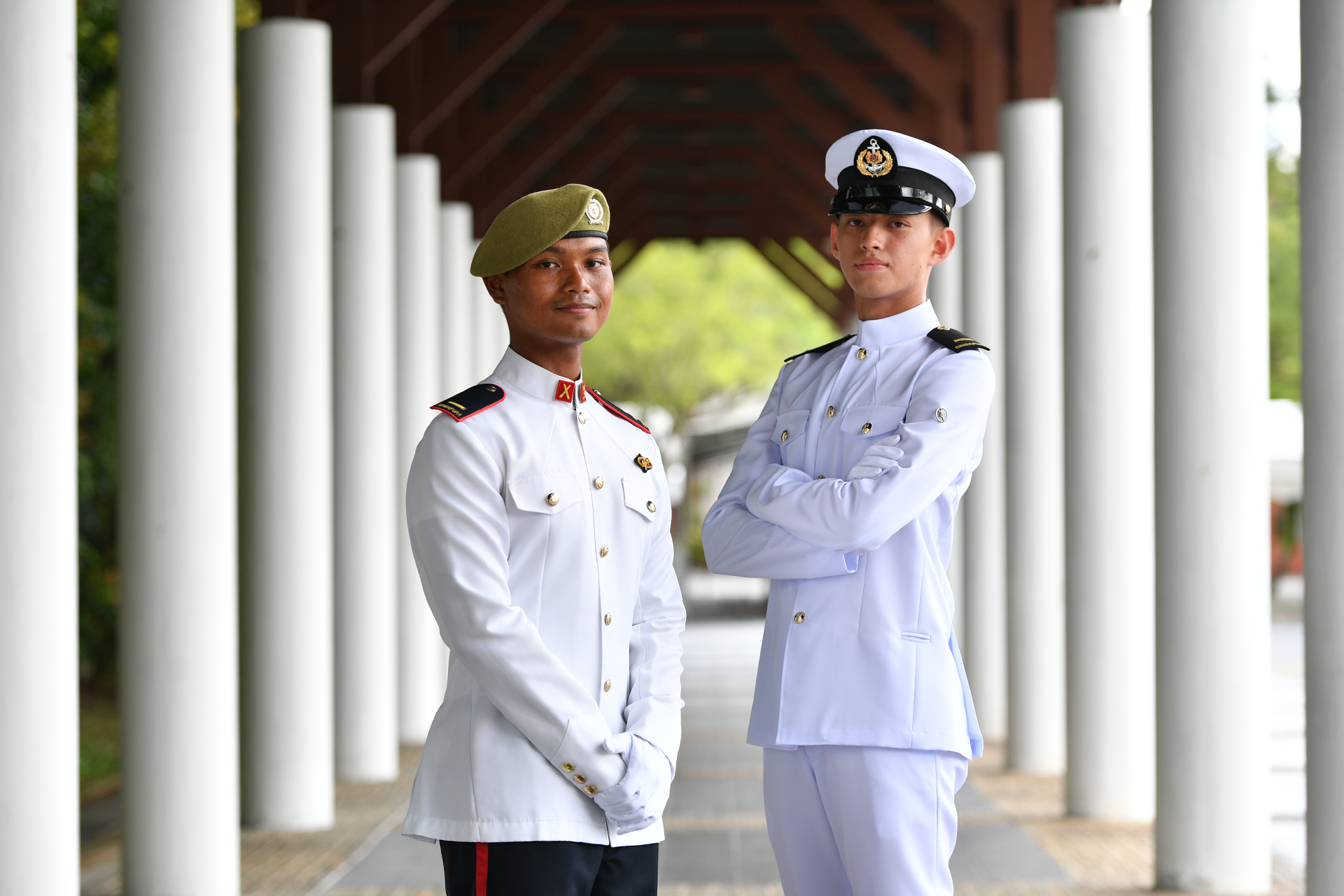CSNS RETURNS FROM STUDY TRIP TO FINLAND, SWITZERLAND WITH INSIGHTS ON NS
PHOTO // Ong Hong Tat and Simon Koh
More ways to contribute to National Service (NS). Better matching of skills to NS vocations. Increasing efficiency of NS training. Smoothening the transition period before and after NS. Strengthening societal support for NS.
These are some of the key areas which the Committee to Strengthen National Service (CSNS) is looking into. Since the beginning of the CSNS efforts in May this year, more than 10,000 voices have been heard during the on-going public consultation process which includes focus group discussions, online feedback and town-hall sessions.
Minister for Defence Dr Ng Eng Hen recently led a CSNS delegation on a three-day study trip to Finland and Switzerland from 16 to 18 Oct.
Finland - a Nordic country which was once colonised - has maintained a conscription system for nearly a century. Switzerland - a small, land-locked and wealthy European nation - has had a conscript military force for about 150 years.
Speaking to the media on 22 Oct, Dr Ng said: "These two nations gave us a look into our future." He said that both countries, like Singapore, show strong support for conscription although their systems differ.
For example, Finnish recruits go through full-time military service for periods of six months to a year, depending on rank and vocation. Upon completion, they are liable to serve up to the age of 60. Swiss conscripts spend about five months undergoing boot camp, and are liable to serve till the age of 65. Studies conducted by the two nations showed that more than 70 percent of their respective populations support conscription.
"As the Finns told us, national conscription is a one-way street. We can never back-track from conscription. Once you reduce commitment and capabilities, it is well-nigh impossible to get back," said Dr Ng.
He outlined three points gleaned from the study trip. First; the Singapore Armed Forces (SAF) will look into doing more to facilitate a smoother transition for full-time national servicemen before and after their NS. Due to the Singapore education system, enlistment dates differ for different groups of Singaporean males. In Finland, enlistment begins at age 18, but can be deferred till the age of 28 for studies, work or personal reasons.
"Even with this (system), many Finns choose to enlist early. Many people feel that there are benefits to military service." said Minister of State for Defence Dr Mohamad Maliki Bin Osman who was part of the CSNS delegation on the study trip.
For some Singaporean males, the wait to enlist can take several months. Similarly, when they complete full-time NS, there is some waiting time before they enrol at local tertiary institutions.
This was one of the key points raised during CSNS engagement efforts. Said Dr Ng: "It's fair feedback that's come up and it's only right that we look at it." Some tertiary institutions have already started offering online courses for NSmen before the official commencement of the university term which typically begins in August every year.
The Ministry of Defence will work with the Ministry of Education and local tertiary institutions on this. Internally, the SAF will look into ways of making NS training even more effective and efficient.
On this point, Dr Ng added: "I don't want to unduly raise expectations. There will always be pressures to be more effective and efficient. If there are any changes, we have to make sure our defence capabilities are not compromised."
On providing more opportunities to contribute to defence, Dr Ng said that, in both Finland and Switzerland, women had the option of volunteering for military service. By volunteering, women are subjected to the same duties as the men. Each year, Finland sees about 400 women joining the military. The Swiss see about 140 women volunteering annually.
One of the initiatives being considered by the CSNS is the creation of an SAF Volunteer Corps. This will allow women, new citizens and first-generation Permanent Residents (PRs) to volunteer for NS. Second-generation PRs are required to serve NS.
"If first-generation PRs want to be better integrated and contribute more to the community, I see this as an opportunity for them. It's something for the committee to look into," explained Dr Ng.
Elaborating on the volunteer corps, Dr Ng said that it would not be an administrative one. It will be part of the SAF and play a meaningful role. "Obviously, now we have to go into the nitty-gritty and see how best the corps can contribute. These are details which are being worked out," he said.
The third learning point from the trip is that more can be done to make better use of NSFs' skills during military service. In Finland and Switzerland, conscripts can indicate vocational preferences when they enlist. When assigned their vocations, the conscripts' education, skills and professions are also taken into consideration.
In this respect, the CSNS is looking to increase leadership opportunities, match skills to vocations and explore ways to provide accreditation of skills learnt during NS so that these skills are recognised in the work place.
The CSNS invites all to participate in the ongoing NS conversations at www.strengthenns.sg
